So how did ELECTRICITYCLUB.CO.UK arrive at its discerning musical ethos?
It probably all began with a very liberal and Bohemian junior school teacher named Miss Nielsen who played KRAFTWERK’s ‘Autobahn’, PINK FLOYD’s ‘Echoes’ and the soundtrack of ‘A Clockwork Orange’ to the class, with the unusual sound of all three providing an otherworldly, yet captivating listen.
Later on, various parts of the 22 minute ‘Autobahn’ track appeared on the end credits of BBC children’s drama ‘Out Of Bounds’ and opened ‘Newsround Extra’, but 1977 was to become the true Year Zero in electronic pop. With ‘Oxygène’, ‘Sound & Vision’, ‘Magic Fly’ and ‘I Feel Love’ all hitting the UK Top 3 within months of each other, this was effectively the beginning of synths designing the future.
Here is a very personal list of 30 tracks that shaped ELECTRICITYCLUB.CO.UK – these are primarily songs that solidified and expanded the interest in synth or later provided hope in the face of real music snobbery and the return of the guitar in the wake of Britpop.
There will be grumbles that the likes of YELLOW MAGIC ORCHESTRA, HEAVEN 17, YAZOO, DURAN DURAN, TALK TALK, PROPAGANDA, CLIENT, RÖYKSOPP and others are not featured, and certainly if this list was a 40, they would all be included. But this list is an impulsive snapshot of ELECTRICITYCLUB.CO.UK’s own journey in music, as opposed to being a history of electronic pop or a best of.
What? No industrial, acid house, techno or dubstep you ask? Well, that’s because ELECTRICITYCLUB.CO.UK disliked the majority of it. While this is not always the case, the site has generally been about synthpop ie pop music using synthesizers, as can be seen from this rather esteemed electronic roll of honour 😉
This is the history that the too cool for school media, who think everything jumped from KRAFTWERK to Detroit Techno in one fell swoop, don’t like to mention…
With a restriction of one track per artist moniker and presented in yearly and then alphabetical order featuring music from before the site came into being, here is why is it how it is…
JEAN-MICHEL JARRE Oxygène IV (1976)
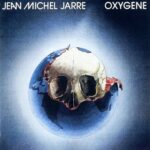 For many including Jean-Michel Jarre, ‘Popcorn’ was their first experience of a synth hit and he released his own version under the moniker of THE POPCORN ORCHESTRA in 1972. But while working on his first proper full length electronic album in 1976, Jarre adapted a melodic phrase from the late Gershon Kingsley’s composition. That composition was ‘Oxygène IV’ and the rest is history.
For many including Jean-Michel Jarre, ‘Popcorn’ was their first experience of a synth hit and he released his own version under the moniker of THE POPCORN ORCHESTRA in 1972. But while working on his first proper full length electronic album in 1976, Jarre adapted a melodic phrase from the late Gershon Kingsley’s composition. That composition was ‘Oxygène IV’ and the rest is history.
Available on the JEAN-MICHEL JARRE album ‘Oxygène’ via Sony Music
DAVID BOWIE Sound & Vision (1977)
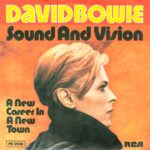 Exploring a “whole new school of pretension” with his new creative muse Brian Eno, ‘Sound & Vision’ saw David Bowie capture a tense European aesthetic. Utilising an uplifting rhythm guitar hook and an ARP Solina string machine, the most distinctive feature of the half instrumental track was the pitch shifted percussion, produced by Tony Visconti feeding the snare drum though an Eventide Harmonizer.
Exploring a “whole new school of pretension” with his new creative muse Brian Eno, ‘Sound & Vision’ saw David Bowie capture a tense European aesthetic. Utilising an uplifting rhythm guitar hook and an ARP Solina string machine, the most distinctive feature of the half instrumental track was the pitch shifted percussion, produced by Tony Visconti feeding the snare drum though an Eventide Harmonizer.
Available on the DAVID BOWIE album ‘Low’ via EMI Music
SPACE Magic Fly (1977)
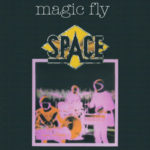 SPACE was the brainchild of Didier Marouani who went under the pseudonym of Ecama and formed the collective in 1977 with Roland Romanelli and Jannick Top. The space disco of the iconic ‘Magic Fly’ heralded the start of a new European electronic sound within the mainstream. With its catchy melody and lush accessible futurism, ‘Magic Fly’ sold millions all over the world.
SPACE was the brainchild of Didier Marouani who went under the pseudonym of Ecama and formed the collective in 1977 with Roland Romanelli and Jannick Top. The space disco of the iconic ‘Magic Fly’ heralded the start of a new European electronic sound within the mainstream. With its catchy melody and lush accessible futurism, ‘Magic Fly’ sold millions all over the world.
Available on the SPACE album ‘Magic Fly’ via Virgin France
DONNA SUMMER I Feel Love (1977)
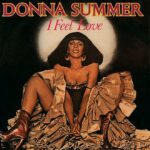 Working with Donna Summer on an album called ‘I Remember Yesterday’, producer Giorgio Moroder wanted to feature a track that represented “the sound of the future”. Employing the Moog Modular system with an 8-step analogue sequencer plus a triplet delay to create the pulsing synthesizer lines and metronomic beat, ‘I Feel Love’ changed the course of music.
Working with Donna Summer on an album called ‘I Remember Yesterday’, producer Giorgio Moroder wanted to feature a track that represented “the sound of the future”. Employing the Moog Modular system with an 8-step analogue sequencer plus a triplet delay to create the pulsing synthesizer lines and metronomic beat, ‘I Feel Love’ changed the course of music.
Available on the DONNA SUMMER album ‘I Feel Love: The Collection’ via Spectrum
KRAFTWERK The Model (1978)
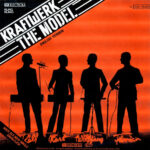 Using a Micromoog for its iconic hook, ‘The Model’ was inspired by KRAFTWERK’s visits to night clubs in the more vibrant city of Cologne 30km down the road from Düsseldorf where their iconic Kling Klang studio was based. There, they would observe beautiful models drinking champagne and seek their company.
Using a Micromoog for its iconic hook, ‘The Model’ was inspired by KRAFTWERK’s visits to night clubs in the more vibrant city of Cologne 30km down the road from Düsseldorf where their iconic Kling Klang studio was based. There, they would observe beautiful models drinking champagne and seek their company.
Available on the KRAFTWERK album ‘The Man Machine’ via EMI Music
SPARKS No1 Song In Heaven (1979)
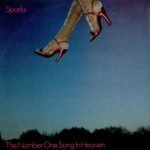 In a creative rut following their UK success in the glam-era, the Mael Brothers had found ‘I Feel Love’ awe inspiring. A journalist friend put SPARKS into contact with Giorgio Moroder. The first result was the tremendous ‘No1 Song In Heaven’ where Russell Mael’s flamboyant falsetto fitted well with the programmed electro-disco sound, which meant Ron Mael could maintain his image of doing nothing.
In a creative rut following their UK success in the glam-era, the Mael Brothers had found ‘I Feel Love’ awe inspiring. A journalist friend put SPARKS into contact with Giorgio Moroder. The first result was the tremendous ‘No1 Song In Heaven’ where Russell Mael’s flamboyant falsetto fitted well with the programmed electro-disco sound, which meant Ron Mael could maintain his image of doing nothing.
Available on the SPARKS album ‘No1 In Heaven’ via Repertoire Records
TUBEWAY ARMY Are Friends Electric? (1979)
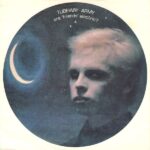 With Gary Numan using the group name of TUBEWAY ARMY at the behest of Beggars Banquet, the astoundingly long ‘Are Friends Electric?’ with its diabolus in musica structure became the entry point for many into electronic music. It was Synth Britannia’s ‘Starman’ moment when it was featured on ‘Top Of The Pops’ and ‘Old Grey Whistle Test’ during the same week, eventually reaching No1 in the UK.
With Gary Numan using the group name of TUBEWAY ARMY at the behest of Beggars Banquet, the astoundingly long ‘Are Friends Electric?’ with its diabolus in musica structure became the entry point for many into electronic music. It was Synth Britannia’s ‘Starman’ moment when it was featured on ‘Top Of The Pops’ and ‘Old Grey Whistle Test’ during the same week, eventually reaching No1 in the UK.
Available on the TUBEWAY ARMY album ‘Replicas’ via Beggars Banquet
JOHN FOXX Underpass (1980)
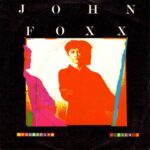 Departing ULTRAVOX and now making music along with an ARP Odyssey, Elka Rhapsody and a Roland CR78 Compurhythm, John Foxx realised his own starker vision of electronic music. Enginnered by Gareth Jones, ‘Underpass’ channelled the dystopian writings of JG Ballard with Foxx adding that the English novelist was “addressing what I’d come to call ‘the unrecognised present’.”
Departing ULTRAVOX and now making music along with an ARP Odyssey, Elka Rhapsody and a Roland CR78 Compurhythm, John Foxx realised his own starker vision of electronic music. Enginnered by Gareth Jones, ‘Underpass’ channelled the dystopian writings of JG Ballard with Foxx adding that the English novelist was “addressing what I’d come to call ‘the unrecognised present’.”
Available on the JOHN FOXX album ‘Metamatic’ via Metamatic Records
THE HUMAN LEAGUE The Black Hit Of Space (1980)
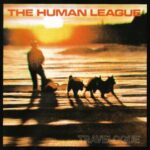 A track that “weighed more than Saturn”, ‘The Black Hit Of Space’ sounded extraordinary when it opened the second album by THE HUMAN LEAGUE. The Sci-Fi lyrics about an infinite pop hit were strangely out there while harsh screeching frequencies from overdriving the mixing desk; “All that was a reaction to the cleanness of the previous album so we overcompensated.” said Martyn Ware…
A track that “weighed more than Saturn”, ‘The Black Hit Of Space’ sounded extraordinary when it opened the second album by THE HUMAN LEAGUE. The Sci-Fi lyrics about an infinite pop hit were strangely out there while harsh screeching frequencies from overdriving the mixing desk; “All that was a reaction to the cleanness of the previous album so we overcompensated.” said Martyn Ware…
Available on the THE HUMAN LEAGUE album ‘Travelogue’ via Virgin Records
http://www.thehumanleague.co.uk/
JAPAN Quiet Life (1980)
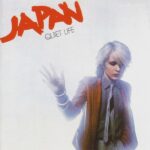 The resonant heart of ‘Quiet Life’ was a Roland System 700 driven by Richard Barbieri’s snappy eight step Oberheim Mini-sequencer. Complimented by Mick Karn’s distinctively fluid fretless bass, Rob Dean’s clean guitar lines and David Sylvian’s lyrical conclusion that the band were outsiders in the environment they were born into. Inadvertently, JAPAN had now invented DURAN DURAN!
The resonant heart of ‘Quiet Life’ was a Roland System 700 driven by Richard Barbieri’s snappy eight step Oberheim Mini-sequencer. Complimented by Mick Karn’s distinctively fluid fretless bass, Rob Dean’s clean guitar lines and David Sylvian’s lyrical conclusion that the band were outsiders in the environment they were born into. Inadvertently, JAPAN had now invented DURAN DURAN!
Available on the JAPAN album ‘Quiet Life’ via Sony Music
OMD Messages (1980)
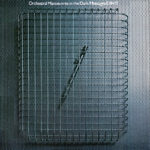 Following the colder electronic pioneers like Gary Numan and John Foxx, OMD were the first of the warmer synthesizer bands. ‘Messages’ utilised a pulsing ‘Repeat’ function on a Korg Micro-Preset shaped by hand twisting the octave knob. Re-recorded from the original album version under the helm of producer Mike Howlett, he harnessed a template of basic primary chord structures and one fingered melodies.
Following the colder electronic pioneers like Gary Numan and John Foxx, OMD were the first of the warmer synthesizer bands. ‘Messages’ utilised a pulsing ‘Repeat’ function on a Korg Micro-Preset shaped by hand twisting the octave knob. Re-recorded from the original album version under the helm of producer Mike Howlett, he harnessed a template of basic primary chord structures and one fingered melodies.
Available on the OMD album ‘Souvenir: The Singles Collection 1979 – 2019’ via Virgin Records
ULTRAVOX Astradyne (1980)
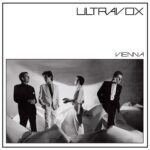 Of ‘Astradyne’, Billy Currie said: “Midge started with that strong melody, Chris’ bass was also a very strong feature. I played a piano counter melody behind. The track was so strong that we felt at ease to lengthen it with a long textural piano bit that is sort of bell-like with the metronomic bass drum beats and the violin tremolo solo… Midge came up with that final section lift taking it out of the long ARP solo. I double it! It is very celebratory at the end…”
Of ‘Astradyne’, Billy Currie said: “Midge started with that strong melody, Chris’ bass was also a very strong feature. I played a piano counter melody behind. The track was so strong that we felt at ease to lengthen it with a long textural piano bit that is sort of bell-like with the metronomic bass drum beats and the violin tremolo solo… Midge came up with that final section lift taking it out of the long ARP solo. I double it! It is very celebratory at the end…”
Available on the ULTRAVOX album ‘Vienna’ via Chrysalis/EMI Records
VISAGE Fade To Grey (1980)
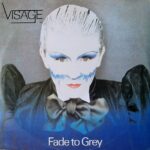 Conceived during soundchecks while they were playing on Gary Numan’s first concert tour, Chris Payne, Billy Currie and Ced Sharpley had recorded the track at Genetic Studios as a souvenir keepsake. Midge Ure later came up lyrics and a melody when the track was added to the debut VISAGE album. Capturing the cinematic pomp of the New Romantic movement, ‘Fade To Grey’ became a No1 in West Germany.
Conceived during soundchecks while they were playing on Gary Numan’s first concert tour, Chris Payne, Billy Currie and Ced Sharpley had recorded the track at Genetic Studios as a souvenir keepsake. Midge Ure later came up lyrics and a melody when the track was added to the debut VISAGE album. Capturing the cinematic pomp of the New Romantic movement, ‘Fade To Grey’ became a No1 in West Germany.
Available on the VISAGE album ‘Visage’ via Polydor Records
DEPECHE MODE New Life (1981)
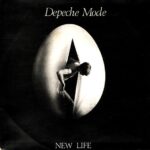 Written by Vince Clarke and produced by Daniel Miller, DEPECHE MODE fulfilled the Mute label founder’s vision of a teenage pop group with synthesizers that he had imagined and conceived for SILICON TEENS. Despite its danceable bubblegum appeal and catchy synthesizer hooks, ‘New Life’ also featured some intricate folk vocal harmonies which made it quite distinct from other synthpop at the time.
Written by Vince Clarke and produced by Daniel Miller, DEPECHE MODE fulfilled the Mute label founder’s vision of a teenage pop group with synthesizers that he had imagined and conceived for SILICON TEENS. Despite its danceable bubblegum appeal and catchy synthesizer hooks, ‘New Life’ also featured some intricate folk vocal harmonies which made it quite distinct from other synthpop at the time.
Available on the DEPECHE MODE album ‘Speak & Spell’ via Mute Records
SIMPLE MINDS Theme For Great Cities (1981)
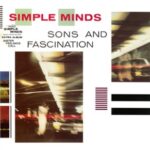 The expansive instrumental ‘Theme for Great Cities’ was initially a freebie having initially been part of ‘Sister Feelings Call’, a seven track EP given as a gift to early purchasers of SIMPLE MINDS’ breakthrough fourth album ‘Sons & Fascination’. Starting with some haunting vox humana before the rhythm section covered in dub echo drove what was possibly one of the greatest synth signatures ever!
The expansive instrumental ‘Theme for Great Cities’ was initially a freebie having initially been part of ‘Sister Feelings Call’, a seven track EP given as a gift to early purchasers of SIMPLE MINDS’ breakthrough fourth album ‘Sons & Fascination’. Starting with some haunting vox humana before the rhythm section covered in dub echo drove what was possibly one of the greatest synth signatures ever!
Available on the SIMPLE MINDS album ‘Sons & Fascination / Sister Feelings Call’ via Virgin/EMI Records
SOFT CELL Tainted Love (1981)
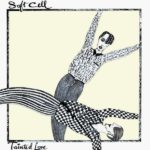 SOFT CELL’s cover of ‘Tainted Love’was Synth Britannia’s first true crossover record, reaching No1 in UK and Germany while also breaking the US Top 10 a year later. Written by Ed Cobb, ‘Tainted Love’ was recorded by Gloria Jones and a favourite on the Northern Soul scene. Dave Ball knew the song and took it into haunting electronic torch territory, while Marc Almond added an honestly spirited vocal.
SOFT CELL’s cover of ‘Tainted Love’was Synth Britannia’s first true crossover record, reaching No1 in UK and Germany while also breaking the US Top 10 a year later. Written by Ed Cobb, ‘Tainted Love’ was recorded by Gloria Jones and a favourite on the Northern Soul scene. Dave Ball knew the song and took it into haunting electronic torch territory, while Marc Almond added an honestly spirited vocal.
Available on the SOFT CELL album ‘Non-Stop Erotic Cabaret’ via Mercury Records
ASSOCIATES Party Fears Two (1982)
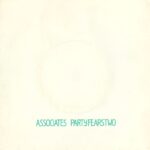 With its iconic honky tonk piano line and sophisticated arrangement, ‘Party Fears Two’ was a magnificent song about dealing with the perils of schizophrenia, made all the more resonant by Billy Mackenzie’s operatic prowess. It also kick started a brief period when ASSOCIATES subverted the UK charts with an avant pop approach that fitted in with the Synth Britannia template of the times.
With its iconic honky tonk piano line and sophisticated arrangement, ‘Party Fears Two’ was a magnificent song about dealing with the perils of schizophrenia, made all the more resonant by Billy Mackenzie’s operatic prowess. It also kick started a brief period when ASSOCIATES subverted the UK charts with an avant pop approach that fitted in with the Synth Britannia template of the times.
Available on the ASSOCIATES album ‘The Very Best Of’ via Union Square
https://www.facebook.com/theassociatesofficial/
BLANCMANGE I’ve Seen The Word (1982)
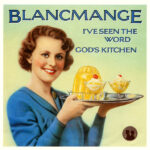 Neil Arthur and Stephen Luscombe were unlikely pop stars, but an appearance on the ‘Some Bizzare Album’ led to a deal with London Records. Using a Korg MS20 synched to a Linn Drum Computer as its rhythmic backbone, the haunting melancholy of ‘I’ve Seen The Word’ fused the sombre lyricism of JOY DIVISION with the melodies and textures of OMD via a Roland Jupiter 8.
Neil Arthur and Stephen Luscombe were unlikely pop stars, but an appearance on the ‘Some Bizzare Album’ led to a deal with London Records. Using a Korg MS20 synched to a Linn Drum Computer as its rhythmic backbone, the haunting melancholy of ‘I’ve Seen The Word’ fused the sombre lyricism of JOY DIVISION with the melodies and textures of OMD via a Roland Jupiter 8.
Available on the BLACMANGE album ‘Happy Families’ via Edsel Records
CHINA CRISIS Christian (1982)
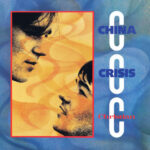 Merseyside duo CHINA CRISIS are probably the most under rated band of their generation. The haunting ‘Christian’ was a song about the fate of soldiers in the trenches during World War One. Slow and melancholic, ‘Christian’ was as unlikely a hit single as ‘Ghosts’ by JAPAN was. But in an open-minded and diverse period in pop music than today, acts with a less obvious rock ‘n’ roll outlook were in with a chance.
Merseyside duo CHINA CRISIS are probably the most under rated band of their generation. The haunting ‘Christian’ was a song about the fate of soldiers in the trenches during World War One. Slow and melancholic, ‘Christian’ was as unlikely a hit single as ‘Ghosts’ by JAPAN was. But in an open-minded and diverse period in pop music than today, acts with a less obvious rock ‘n’ roll outlook were in with a chance.
Available on the CHINA CRISIS album ‘Difficult Shapes & Passive Rhythms, Some People Think It’s Fun To Entertain’ via Caroline International
https://www.facebook.com/chinacrisisofficial/
NEW ORDER Temptation (1982)
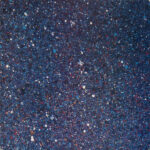 ‘Temptation’ was NEW ORDER’s electronic breakthrough away from the haunting legacy of JOY DIVISION. The recording itself was marvellously flawed, with Stephen Morris’ overdriven Simmons snare panned too far to the right while tutting could also be heard. The pulsing hypnotism of the triggered ARP Quadra and the “oooh-oo-ooh” vocal refrain made ‘Temptation’ rather joyous and magical.
‘Temptation’ was NEW ORDER’s electronic breakthrough away from the haunting legacy of JOY DIVISION. The recording itself was marvellously flawed, with Stephen Morris’ overdriven Simmons snare panned too far to the right while tutting could also be heard. The pulsing hypnotism of the triggered ARP Quadra and the “oooh-oo-ooh” vocal refrain made ‘Temptation’ rather joyous and magical.
Available on the NEW ORDER album ‘Singles’ via WEA Records
BRONSKI BEAT Smalltown Boy (1984)
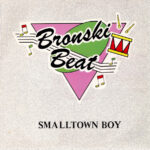 When BRONSKI BEAT made their first ever TV appearance they were nothing short of startling, thanks to their look, their minimal synth sound and Somerville’s lonely earth shattering falsetto. Aiming to be more outspoken and political in their position as openly gay performers, the tale of ‘Smalltown Boy’ about a gay teenager leaving his family and fleeing his hometown made an important statement.
When BRONSKI BEAT made their first ever TV appearance they were nothing short of startling, thanks to their look, their minimal synth sound and Somerville’s lonely earth shattering falsetto. Aiming to be more outspoken and political in their position as openly gay performers, the tale of ‘Smalltown Boy’ about a gay teenager leaving his family and fleeing his hometown made an important statement.
Available on the BRONSKI BEAT album ‘The Age Of Consent’ via London Records
PET SHOP BOYS West End Girls (1985)
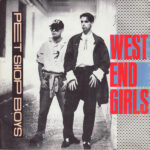 It was with the re-recorded Stephen Hague version of ‘West End Girls’ that PET SHOP BOYS hit No1 in both the UK and US in 1986. Its distinctive bass synth was achieved by Hague coercing a reluctant Chris Lowe into hand playing the riff. Meanwhile, the track fulfilled Neil Tennant’s concept of the duo sounding “like an English rap group” with a dour demeanour that was the antithesis of WHAM!
It was with the re-recorded Stephen Hague version of ‘West End Girls’ that PET SHOP BOYS hit No1 in both the UK and US in 1986. Its distinctive bass synth was achieved by Hague coercing a reluctant Chris Lowe into hand playing the riff. Meanwhile, the track fulfilled Neil Tennant’s concept of the duo sounding “like an English rap group” with a dour demeanour that was the antithesis of WHAM!
Available on the PET SHOP BOYS album ‘PopArt’ via EMI Music
https://www.petshopboys.co.uk/
CAMOUFLAGE The Great Commandment (1988)
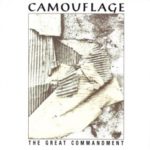 In today’s world, DEPECHE MODE influenced acts are common place but in 1988, this was highly unusual. Taking ‘Some Great Reward’ as their template, CAMOUFLAGE developed on the industrial flavoured synthpop of ‘Master & Servant’ and ‘People Are People’ which the Basildon boys had all but abandoned from ‘Black Celebration’ onwards. Probably the best single DM never recorded.
In today’s world, DEPECHE MODE influenced acts are common place but in 1988, this was highly unusual. Taking ‘Some Great Reward’ as their template, CAMOUFLAGE developed on the industrial flavoured synthpop of ‘Master & Servant’ and ‘People Are People’ which the Basildon boys had all but abandoned from ‘Black Celebration’ onwards. Probably the best single DM never recorded.
Available on the CAMOUFLAGE album ‘The Singles’ via Polydor Records / Universal Music
http://www.camouflage-music.com/
ERASURE A Little Respect (1988)
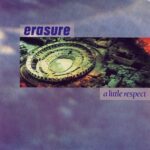 Produced by Stephen Hague, ‘A Little Respect’ was perfection from the off with its lively combination of Vince Clarke’s pulsing programming and strummed acoustic guitar. As the busy rhythmical engine kicked in, Andy Bell went from a tenor to a piercing falsetto to provide the dynamic highs and lows that are always omnipresent in all great pop songs.
Produced by Stephen Hague, ‘A Little Respect’ was perfection from the off with its lively combination of Vince Clarke’s pulsing programming and strummed acoustic guitar. As the busy rhythmical engine kicked in, Andy Bell went from a tenor to a piercing falsetto to provide the dynamic highs and lows that are always omnipresent in all great pop songs.
Available on the ERASURE album ‘Total Pop! – The First 40 Hits’ via Mute Records
DUBSTAR Not So Manic Now (1995)
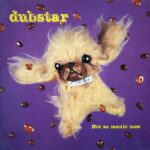 DUBSTAR straddled Britpop with a twist of Synth Britannia. ‘Not So Manic Now’ was a song by Wakefield indie band BRICK SUPPLY, but the trio made it their own with the Northern lass earthiness of Sarah Blackwood providing the chilling commentary of an attack on a helpless pensioner. Stephen Hague’s wonderful production fused programmed electronics with guitars and cello in fine fashion.
DUBSTAR straddled Britpop with a twist of Synth Britannia. ‘Not So Manic Now’ was a song by Wakefield indie band BRICK SUPPLY, but the trio made it their own with the Northern lass earthiness of Sarah Blackwood providing the chilling commentary of an attack on a helpless pensioner. Stephen Hague’s wonderful production fused programmed electronics with guitars and cello in fine fashion.
Available on the DUBSTAR album ‘Disgraceful’ via Food Records
GOLDFRAPP Lovely Head (2000)
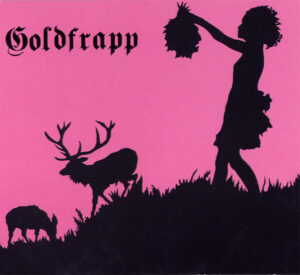 The stratospheric GOLDFRAPP debut album ‘Felt Mountain’ had Ennio Morricone’s widescreen inflections but to accompany an ascent to the Matterhorn rather than a trek through a Sergio Leone Spaghetti Western. ‘Lovely Head’ was laced with deviant sexual tension. Will Gregory’s mad Korg MS20 treatments on Alison Goldfrapp’s operatic screaming produced some thrilling musical moments.
The stratospheric GOLDFRAPP debut album ‘Felt Mountain’ had Ennio Morricone’s widescreen inflections but to accompany an ascent to the Matterhorn rather than a trek through a Sergio Leone Spaghetti Western. ‘Lovely Head’ was laced with deviant sexual tension. Will Gregory’s mad Korg MS20 treatments on Alison Goldfrapp’s operatic screaming produced some thrilling musical moments.
Available on the GOLDFRAPP album ‘Felt Mountain’ via Mute Records
MISS KITTIN & THE HACKER You & Us (2001)
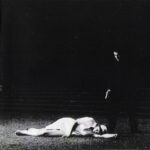 Describing the relationship between artist and fan, this was a throbbing Moroder-inspired cacophony of electronic dance from Michel Amato with a dirty clanking Korg KR55 Rhythm used to great effect. Deliciously hypnotic, the swimmy ARP synths drowned any sorrows as the pulsing euphoria took a hold. Miss Kittin’s nonchalant Grenoble charm carried off what was a rather superb Electroclash anthem.
Describing the relationship between artist and fan, this was a throbbing Moroder-inspired cacophony of electronic dance from Michel Amato with a dirty clanking Korg KR55 Rhythm used to great effect. Deliciously hypnotic, the swimmy ARP synths drowned any sorrows as the pulsing euphoria took a hold. Miss Kittin’s nonchalant Grenoble charm carried off what was a rather superb Electroclash anthem.
Available on the MISS KITTIN & THE HACKER album ‘The First Album’ via Nobodys Bizzness
LADYTRON Seventeen (2002)
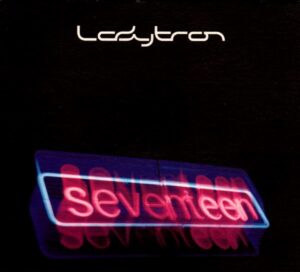 LADYTRON became one of the first bands for many years to primarily use synthesizers as their tools of expression. Their debut ‘604’ explored yesterday’s tomorrow. With octave shifts galore to satirical lyrics about the X-Factor/Next Year’s Top Model generation, ‘Seventeen’ demonstrated the tactile nature of analogue synthesis that was key to a reversal in fortunes for electronic pop.
LADYTRON became one of the first bands for many years to primarily use synthesizers as their tools of expression. Their debut ‘604’ explored yesterday’s tomorrow. With octave shifts galore to satirical lyrics about the X-Factor/Next Year’s Top Model generation, ‘Seventeen’ demonstrated the tactile nature of analogue synthesis that was key to a reversal in fortunes for electronic pop.
Available on the LADYTRON album ‘Light & Magic’ via Nettwerk
THE KNIFE Silent Shout (2006)
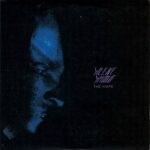 Those long winter nights in Sweden certainly had their effect on siblings Karin and Olof Dreijer. ‘Silent Shout’ was hypnotic understated rave with a quota of creepy Nordic eccentricity. The sharp appregiator and ambient percussion melted with Karin Dreijer’s heavily pitch-shifted low register vocals providing a menacing counterpoint to her younger brother’s vibrant electronic lattice.
Those long winter nights in Sweden certainly had their effect on siblings Karin and Olof Dreijer. ‘Silent Shout’ was hypnotic understated rave with a quota of creepy Nordic eccentricity. The sharp appregiator and ambient percussion melted with Karin Dreijer’s heavily pitch-shifted low register vocals providing a menacing counterpoint to her younger brother’s vibrant electronic lattice.
Available on THE KNIFE album ‘Silent Shout’ via Brille Records
MARSHEAUX Dream Of A Disco (2007)
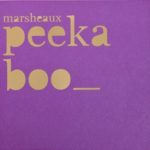 Is a cover or is it Memorex? This interpolation of ‘Space Age Love Song’ by A FLOCK OF SEAGULLS provided MARSHEAUX with their most immediate number yet. Borrowing the uniformed look of CLIENT but applying a pure synthpop template, Marianthi Melitsi and Sophie Sarigiannidou became notable for their wispy sound.
Is a cover or is it Memorex? This interpolation of ‘Space Age Love Song’ by A FLOCK OF SEAGULLS provided MARSHEAUX with their most immediate number yet. Borrowing the uniformed look of CLIENT but applying a pure synthpop template, Marianthi Melitsi and Sophie Sarigiannidou became notable for their wispy sound.
Available on the MARSHEAUX album ‘Peek-A-Boo’ via Undo Records
Text by Chi Ming Lai
13th March 2020

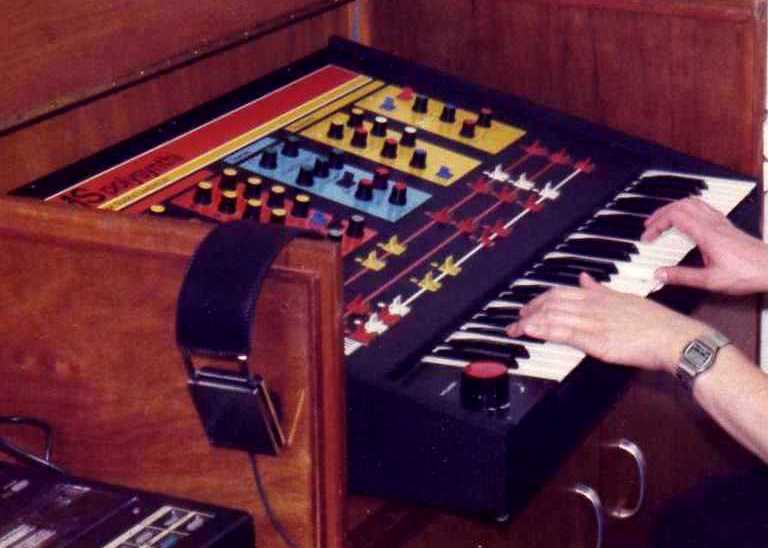
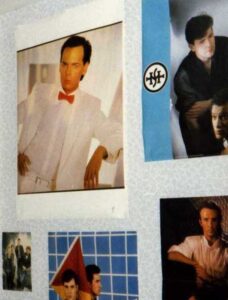
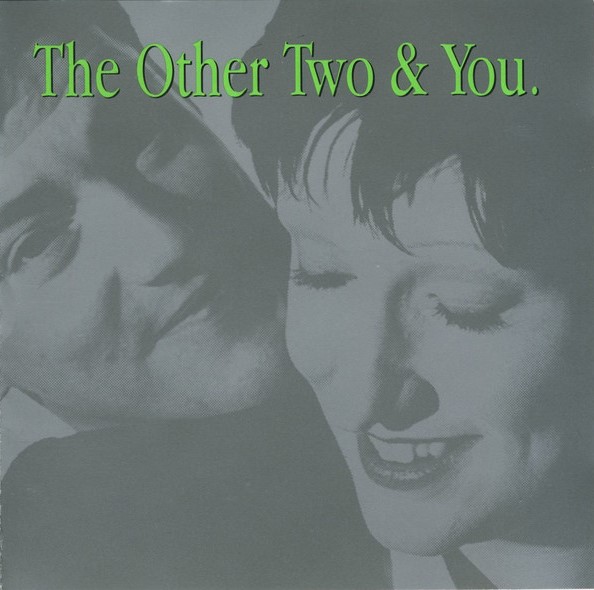
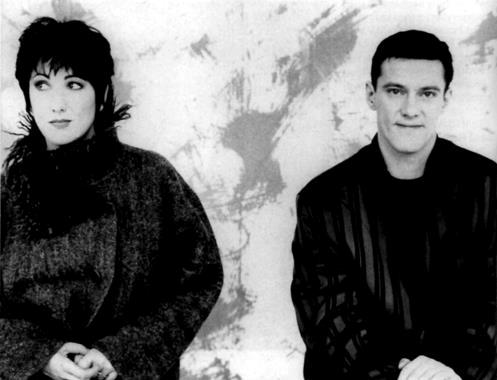
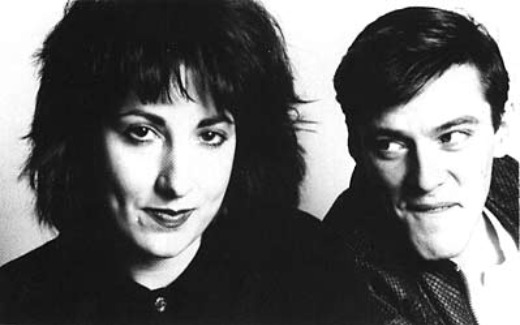
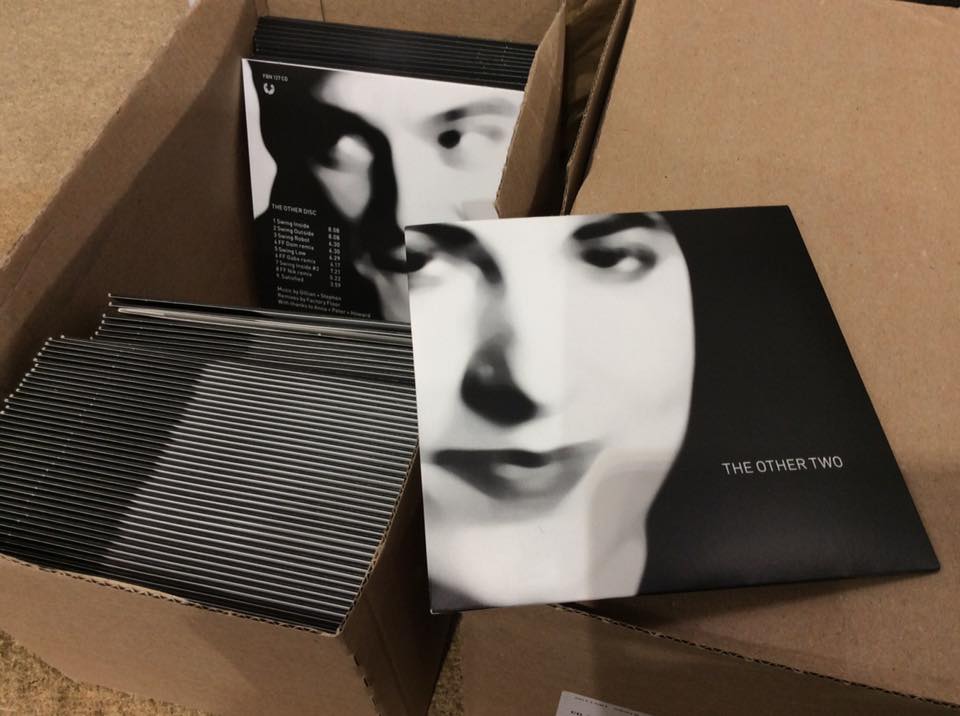
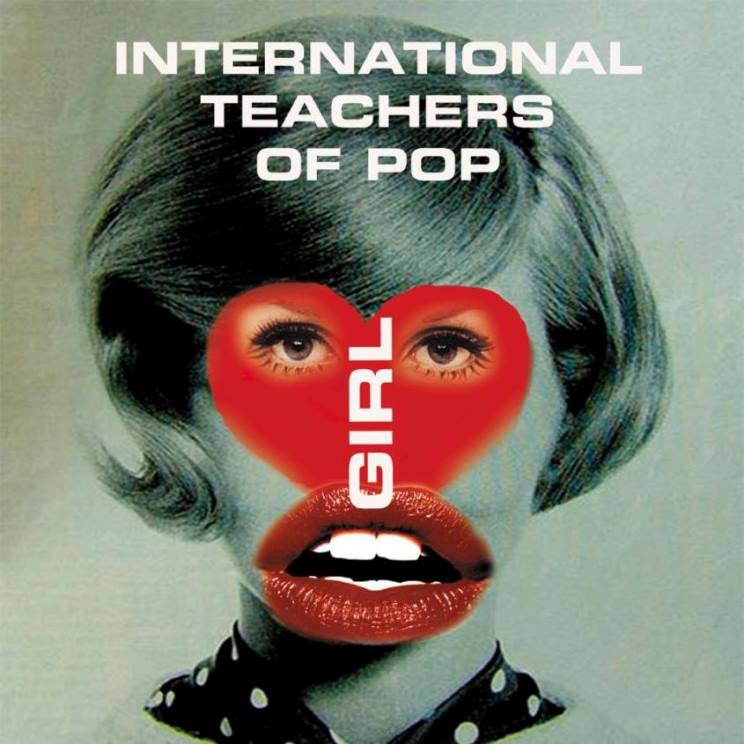
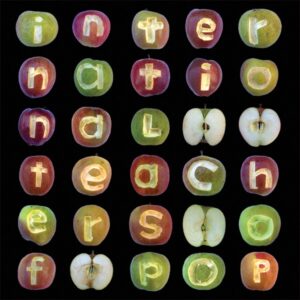
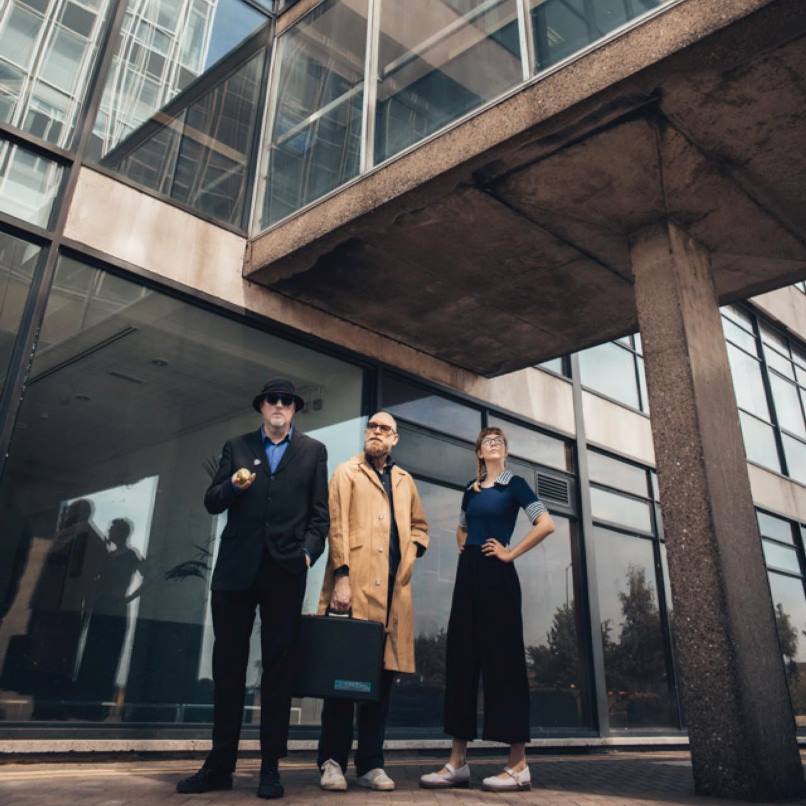
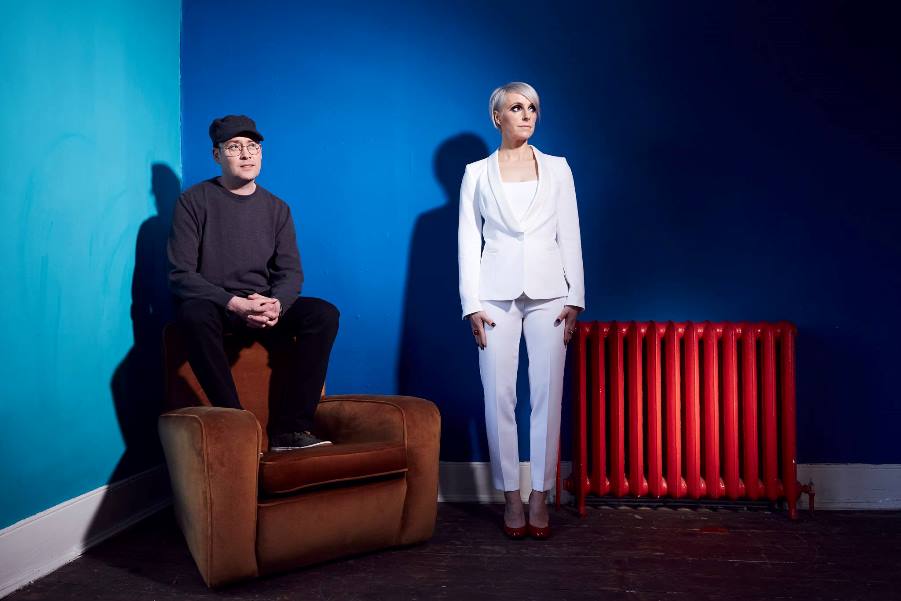
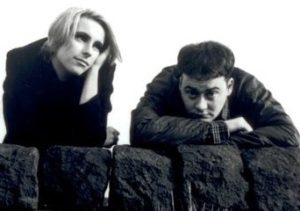
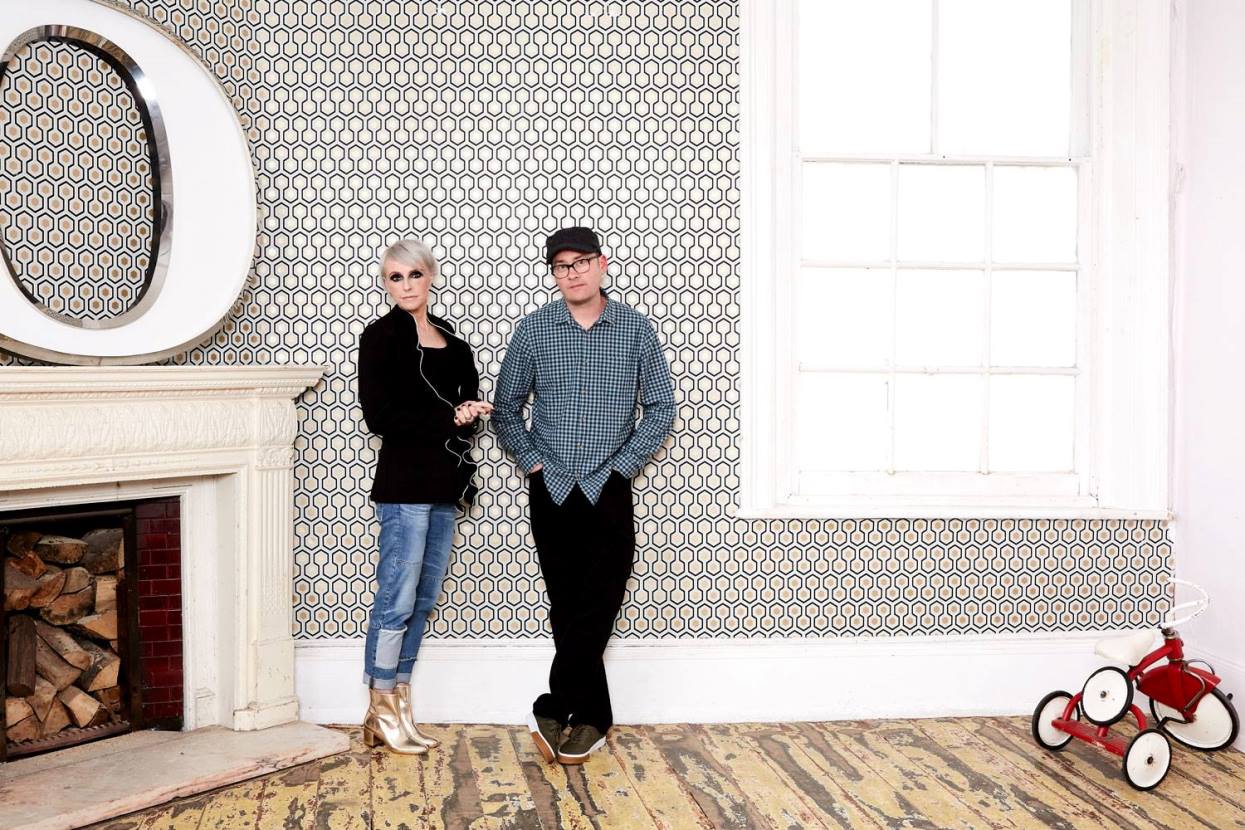

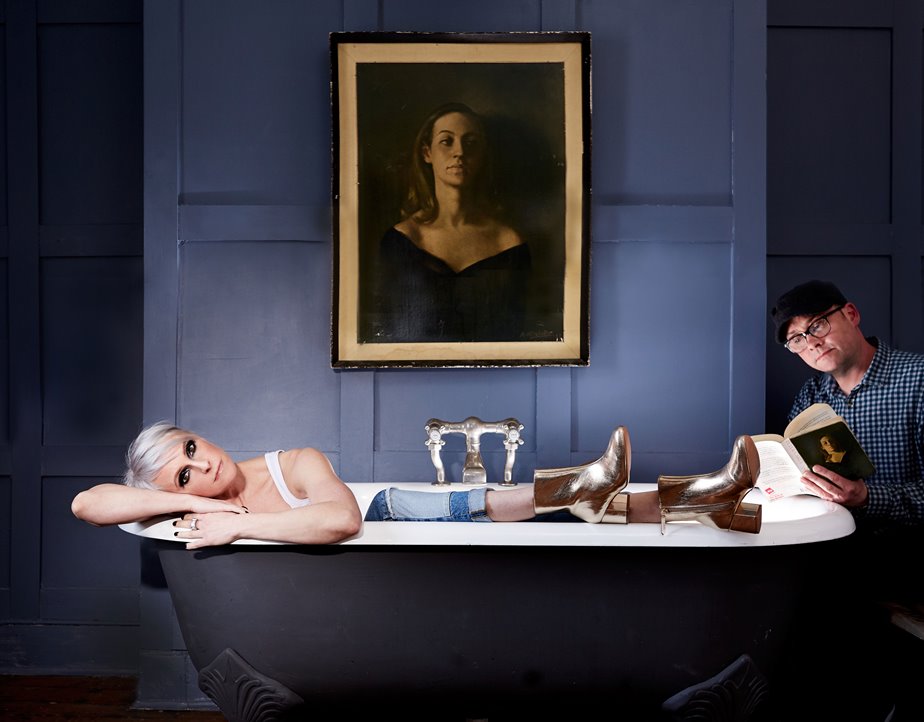
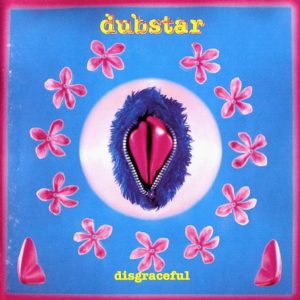
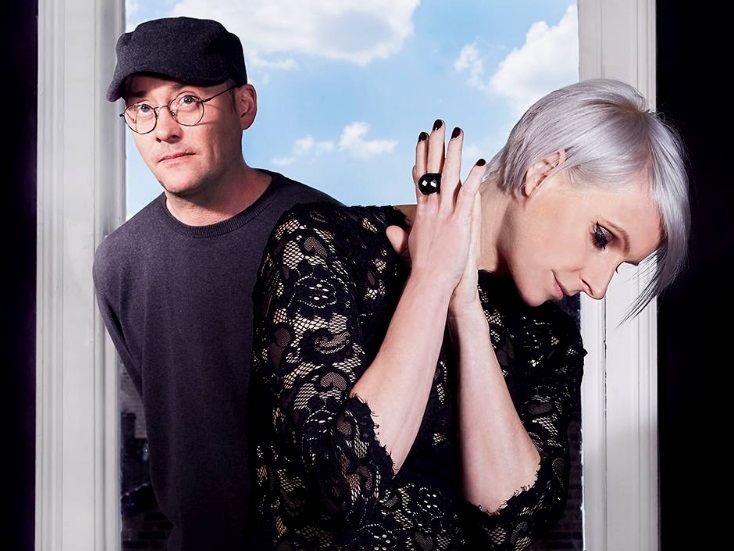
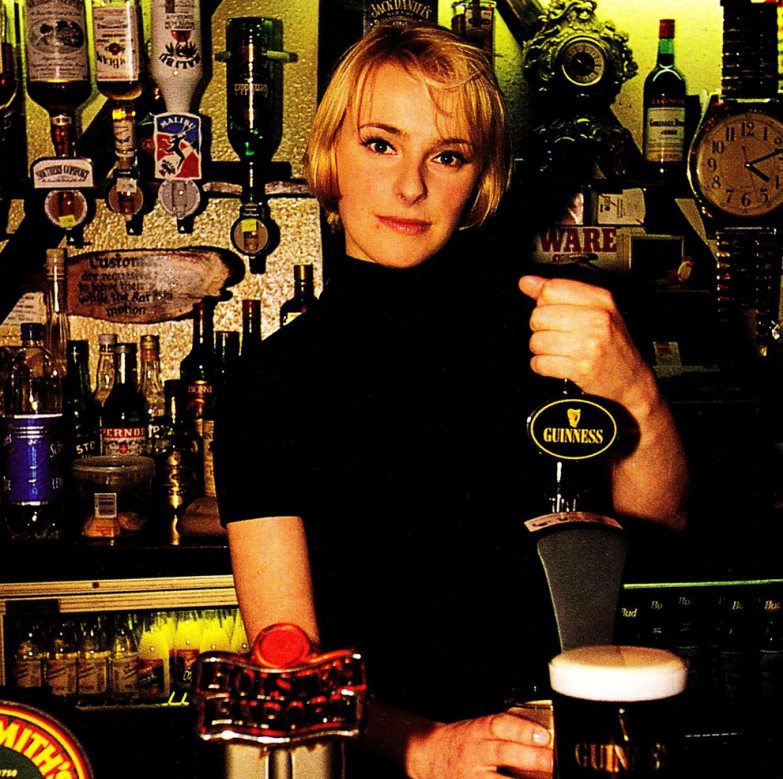
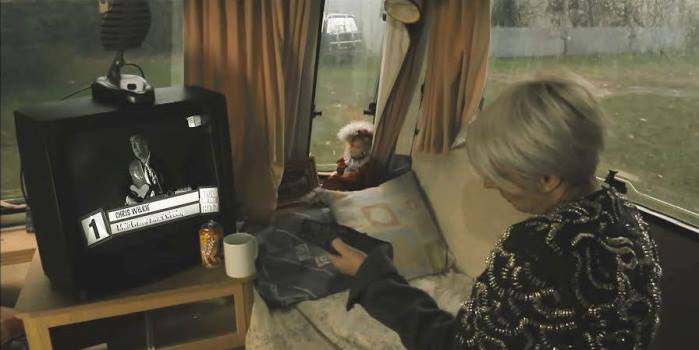
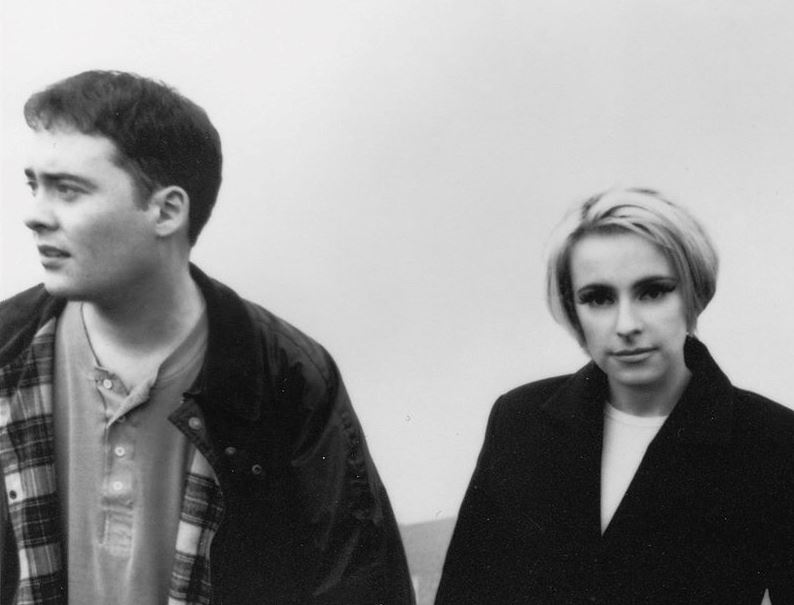
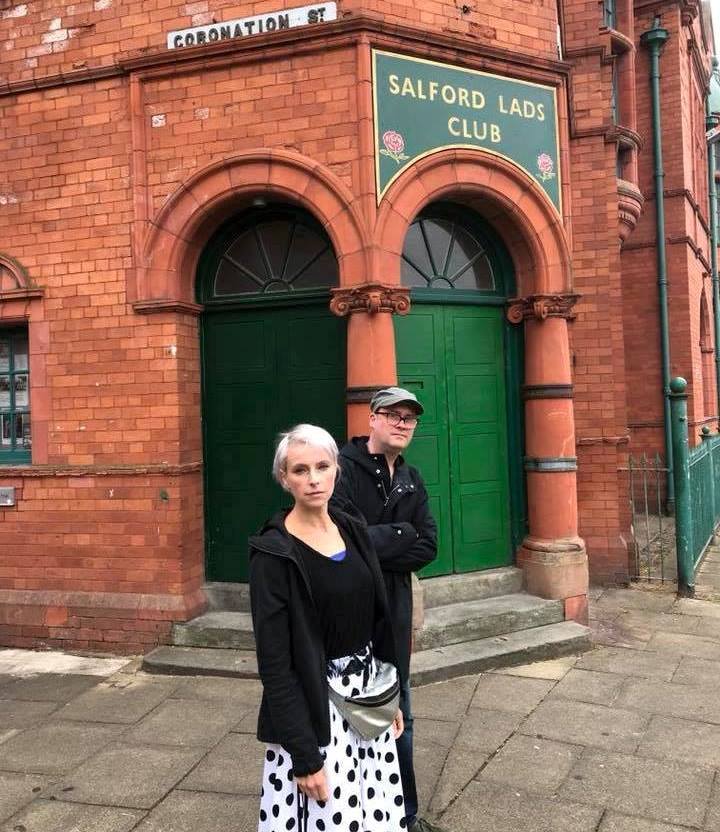
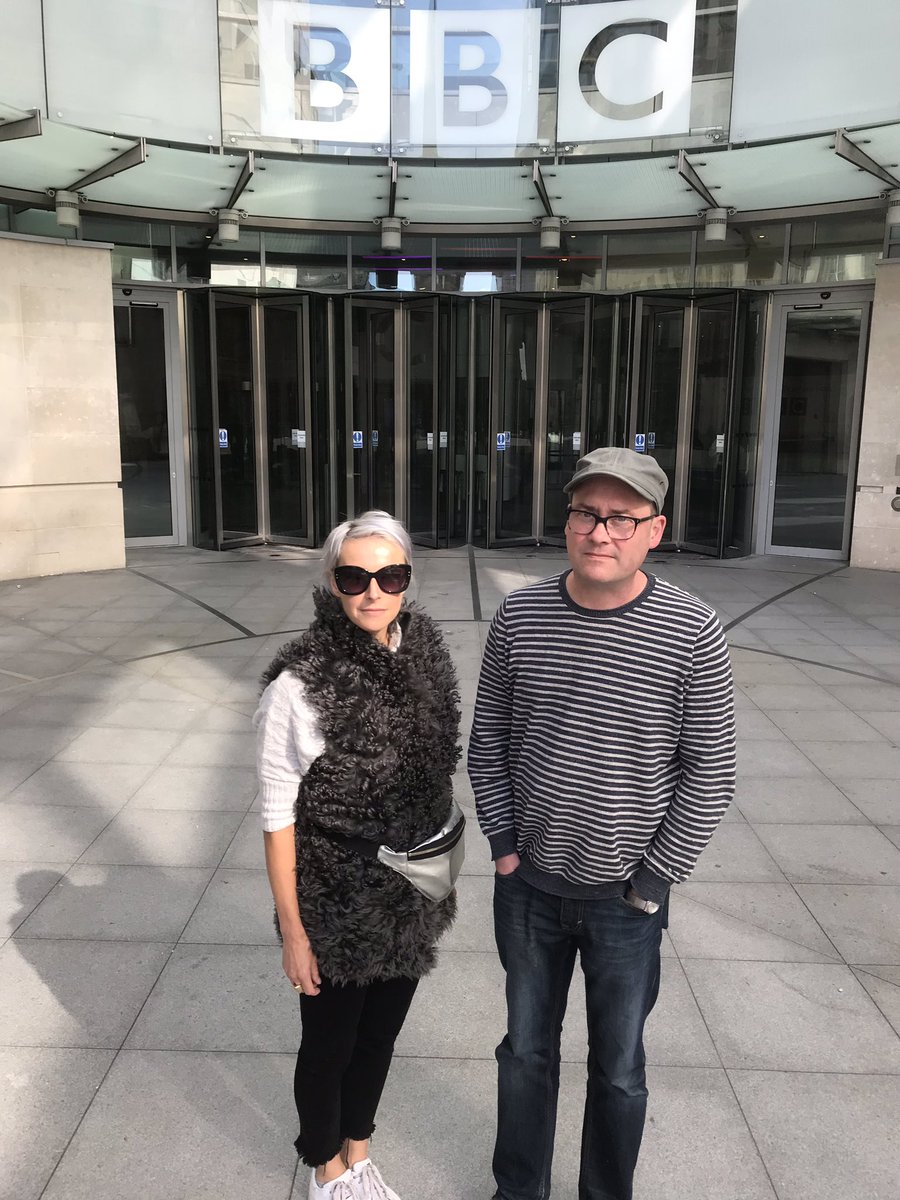
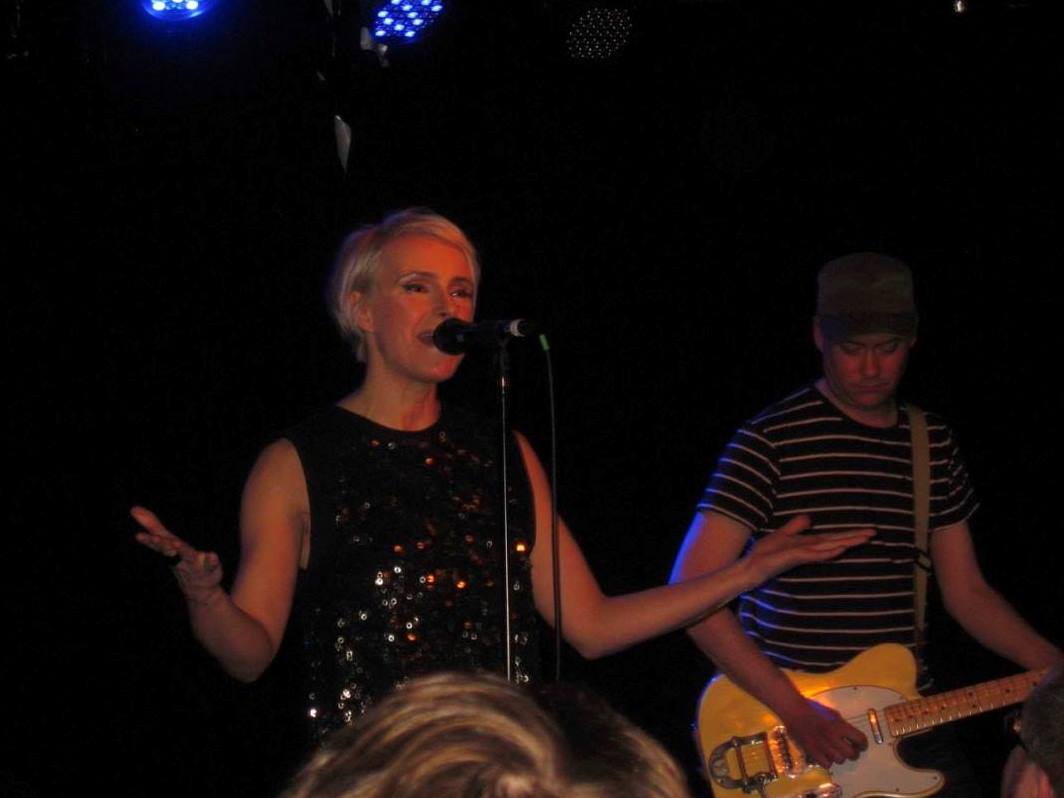
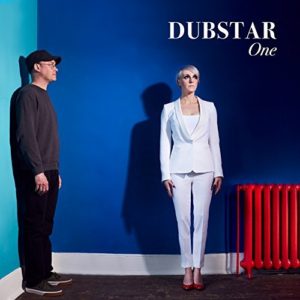
Follow Us!